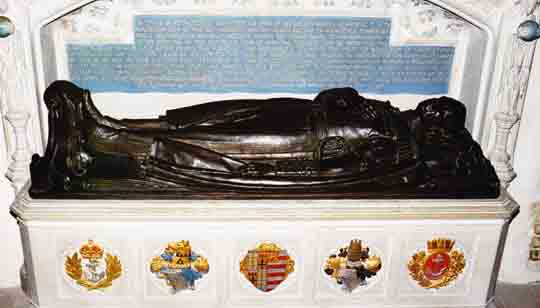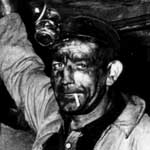
Revd. Horatio Nelson Ward: Nelson and the Radstock Connection.
The Reverend Horatio Nelson Ward served as rector to Radstock between 1855 until 1888, dying from complications of a chest infection. His middle name was in honour of his naval grandfather, Admiral Lord Nelson, whom he never met on account of his birth date occurring several years after the Battle of Trafalgar.
The kinship arose through the passionate liaison and infidelity of the admiral with Lady Hamilton, leading to the illegitimate birth of the rector’s mother named Horatia, the latter never knowing the identity of her mother. Upon marriage to a clergyman, Horatio was her firstborn.
However, the paternity of the rector’s mother was fully accepted by the family, who amassed a number of important items once belonging to Lord Nelson and Lady Hamilton. Some of these items remain in family keeping; others have joined national museum collections. A beaker traditionally associated with a drink proffered to the dying Nelson on HMS Victory is owned by the Radstock Museum.
Horatia maintained a lifelong contact with her son, even after his move to Radstock in the mid 19th Century, visiting him and attending divine service when he did duty. After her death in 1881, the rector added the second Nelson name to his own, thus becoming Revd. Horatio Nelson Nelson-Ward.
Perhaps imbued with the family association, his childhood ambition had been to-join the navy, but objections from his mother to securing this early aspiration were reluctantly heeded: she being anxious to avoid another death at sea in the family. Another brother, christened Marmaduke did go to sea however, rising through the ranks to become an admiral, eventually dying during a visit to the Radstock rectory.
Continuing the tradition, a grandson of the rector also pursued a naval career, and becoming an admiral.
The parish of Victorian Radstock was a thriving coal mining and railway centre, with a constantly growing population to administer unto. Strikes and political protest were part of the working-man’s scene, but cordial relations between church and chapel, and church and collieries were maintained throughout.
Life on the land was a complete contrast to the discipline at sea. The rector oversaw the evolution of a non-church school, and served the community with a social conscience, and at the time of his own passing, the people mourned his loss. The local church has memorials to the Nelson connection, while the museum has a small permanent display on the subject. A book detailing the full story can be obtained from the Museum Bookshop.
